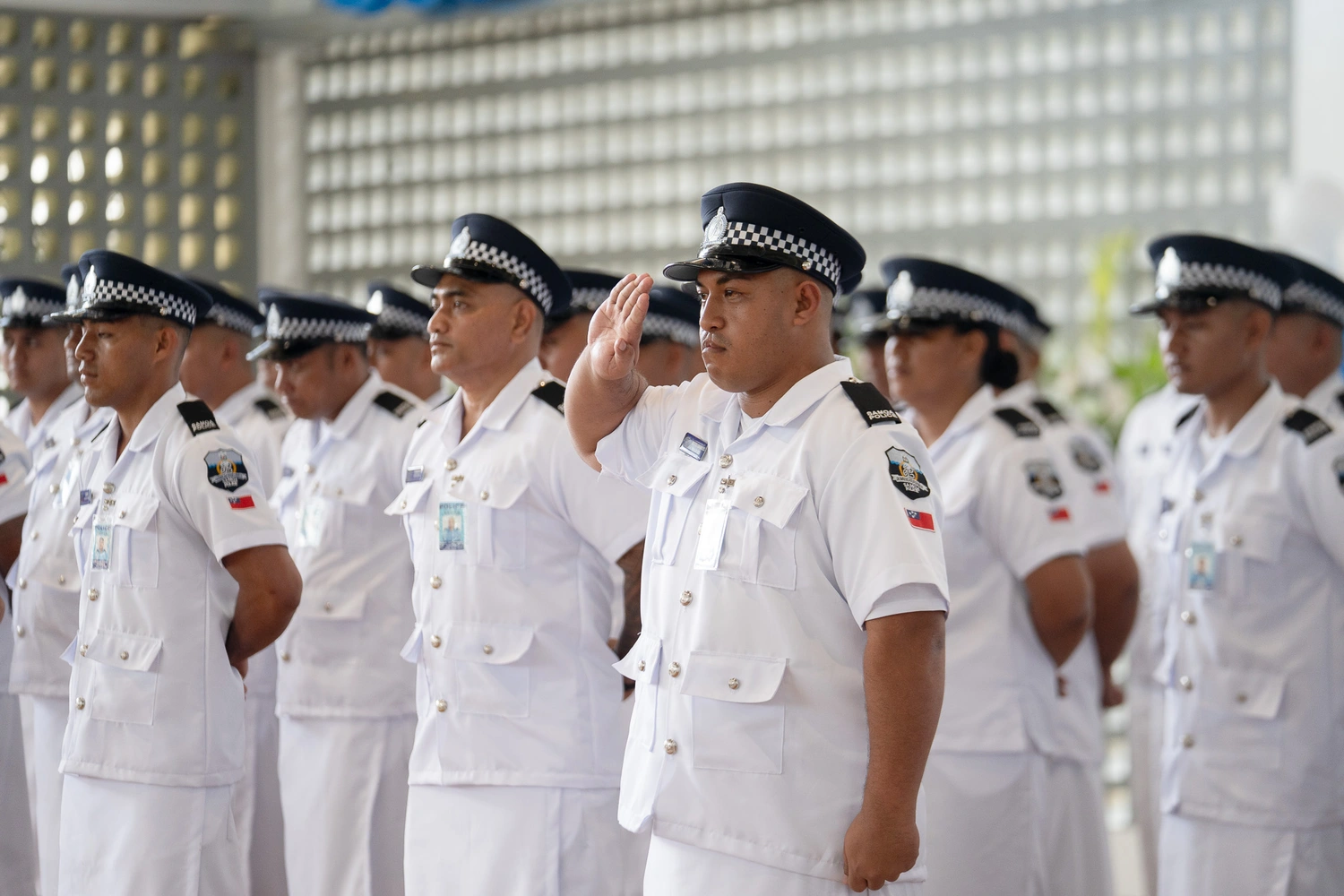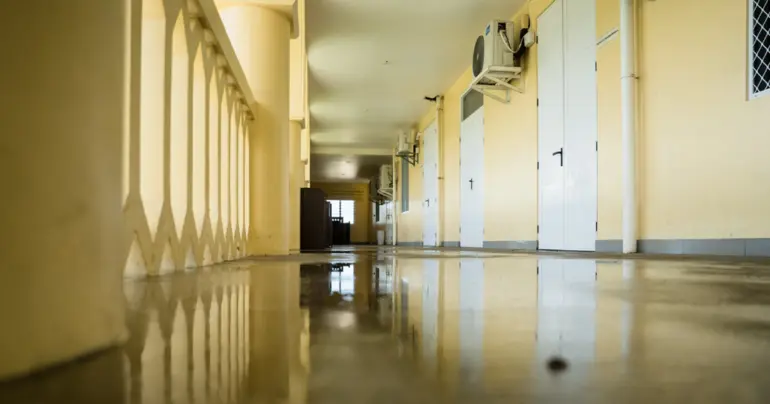Keeping the cops clean and the laws needed for it
It is good to have a policy in place before the random drug testing of police officers can start. There is no law or regulation requiring officers to be tested, and no formal policy exists for consequences, whether results are positive or negative.
The idea of the drug test for the disciplined force is to ensure that officers act honestly and carry out their duties according to the law. It is also good to see that the top brass of the Samoa Police are pushing for the policy to become a part of the Police Act. The policy should have clear goals, including retesting officers a month after a positive or negative result, with possible termination.
The Acting Police Commissioner Leiataua Samuelu Afamasaga is right that passing a law to authorise testing would be simpler, as existing regulations, including the Police Service Act 2005, already guide officer conduct and consequences. This has been long overdue. It is heartening to see the Ministry of Police and Prisons supporting the calls for drug testing of its officers.
Drug testing provides an avenue against corruption and stops officers from using drugs. This has been an issue for some years now. A few years back, police officers were put under investigation for meth use, and some resigned before the conclusion of the investigation
Last year, a corrections officer at the Tanumalala prison was charged with possession of methamphetamine after he allegedly tried to give a ziplock bag containing meth to another colleague while on the job.
There have also been other reports of officers being investigated by the Professional Standards Unit for alleged involvement in the meth trade and using drugs. There have been fingers pointed at police officers for colluding with dealers and sellers. The last thing the public needs is police officers involved in the drug industry. One of the key factors helping the surge of the meth trade is the alleged involvement of police and customs officers.
Many are not talking about it, but there have been talks of meth going missing from the evidence room. An officer under the influence of any drug, even alcohol, fails to carry out his or her duty properly. Police officers are hard-working people, and one rotten potato should not stink up the whole sack.
The police heads need to develop a policy to protect the well-being of all police employees, as well as the integrity, reputation and effectiveness of the police. It should seek to facilitate the health, safety and wellness of all police employees concerning drug and alcohol use by focusing on rehabilitation.
Wherever possible, the police should prioritise a rehabilitative approach to manage staff with drug and alcohol difficulties. Samoa does not have to look very far; the New Zealand Police has an existing policy that could be applied with a few tweaks.
Police officers deploy into operational environments where they are frequently exposed to multiple hazards and associated high risks, and any such incidents are often fast‐paced and dynamic and require sound judgement to mitigate risks. Those employed in roles that support frontline staff also perform functions that require sound judgement, again to mitigate risk to themselves, the safety of colleagues and the wider community.
It is therefore critical that any police officer who reports for duty under the influence of drugs or alcohol is identified and held accountable for their decision to be at work. While developing the policy may be an easy task, getting funds for the exercise may not be that easy. Initial estimates are putting the cost at $50 each, and if everyone is tested in one year, that is more than half a million tala.
Moving forward, as the policy is implemented, the government should consider increasing the budgetary allocation for the police. We look forward to seeing this come to fruition.
As we await the implementation of the drug test policy, the police should also consider regular fitness tests and a policy that supports police officers in maintaining their physical fitness.











